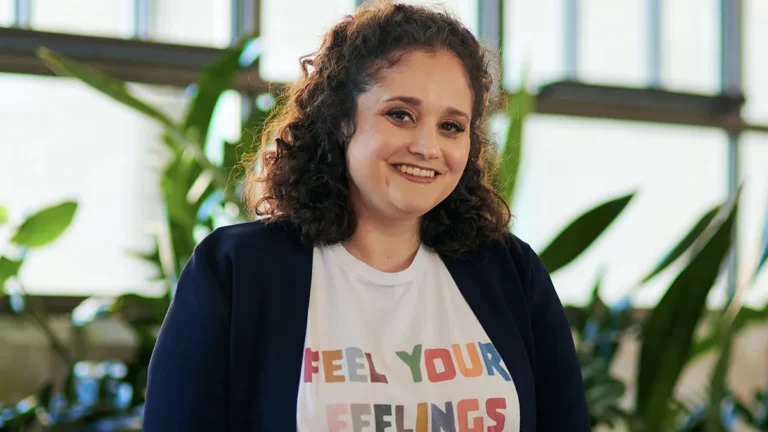
Physician Q&A
Psychiatrist Jessi Gold, MD, MS, is the Chief Wellness Officer of the University of Tennessee System and an associate professor in the Department of Psychiatry at the University of Tennessee Health Science Center. She is ... Read more
Kyle Magatelli
Updated October 16, 2024 by Kyle Magatelli

Physician Q&A
Dr. Omar Mirza is a consultation-liaison psychiatrist based in New York City. He also co-creates the comic series Zindan: The Last Ansaars with his friend and nephrologist Dr. Khurram Mehtabdin (see their interview here). Now, ... Read more
Christy Duan
Updated August 8, 2022 by Christy Duan

Physician Q&A
Dr. Patricia (Tia) Powell is Director of the Montefiore Einstein Center for Bioethics, Director of the Einstein Cardozo Master of Science in Bioethics program, and Shoshanah Trachtenberg Frackman chair of biomedical ethics. She is also a Professor ... Read more
Christy Duan
Updated June 23, 2022 by Christy Duan

Residency and The Match
Most people asking what discipline I was pursuing during my fourth year of medical school were hearing “Med-Psych” for the first time. It wasn’t the best advertised of the 12 combined training residencies approved by ... Read more
Guero
Updated June 24, 2022 by Guero

Medical School
By Adelle, Medical Student I went into my third year with a somewhat open mind in terms of what I thought I liked and what I thought I wanted to do for the next 35 ... Read more
Adelle
Updated June 25, 2022 by Adelle

Physician Q&A
By Gloria Onwneme, Medical Student, University of Nottingham, UK Dr. Harris Eyre, MD, PhD, Fulbright Scholar (WG Walker) is a psychiatry trainee, and Chief Medical Officer and Co-Founder of CNSDose, a company which has developed ... Read more
Gloria Onwuneme
Updated June 25, 2022 by Gloria Onwuneme
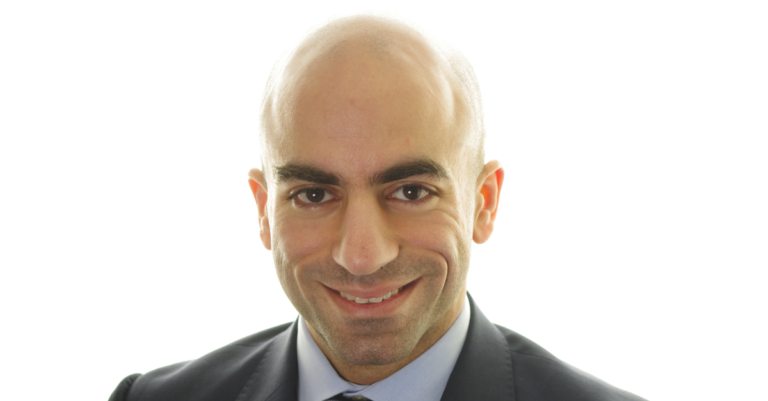
Physician Q&A
Dr. Ahmed Hankir MBChB PGCert (Psychiatry) PGCert (Epidemiology) is a specialty trainee in psychiatry in the National Health Service (UK), an Associate Professor of Psychiatry with the Carrick Institute for Graduate Studies (USA), and a ... Read more
Gloria Onwuneme
Updated June 26, 2022 by Gloria Onwuneme
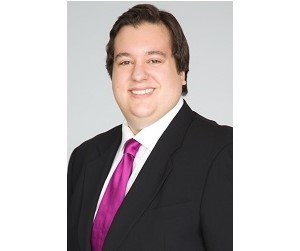
Physician Q&A
Dr. Vasilis K. Pozios is a board-certified physician in forensic and general psychiatry, mental health advocate, entertainment consultant, and author. He graduated with a medical degree from Tufts University before completing a general psychiatry residency ... Read more
Christy Duan
Updated August 8, 2022 by Christy Duan
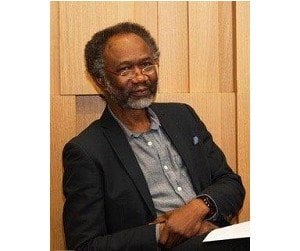
Physician Q&A
Dr Femi Oyebode is a Professor of Psychiatry at the University of Birmingham and a published poet. He obtained his medical degree from the University of Ibadan (1977), followed by his MD at University of ... Read more
Gloria Onwuneme
Updated June 26, 2022 by Gloria Onwuneme

Medical School
Updated February 17, 2022. The article was updated to correct minor grammatical errors and formatting. Clinical practice guidelines are the backbone of evidence-based medicine. While there are literally thousands of published guidelines, a few of ... Read more
Guideline Central
Updated June 26, 2022 by Guideline Central
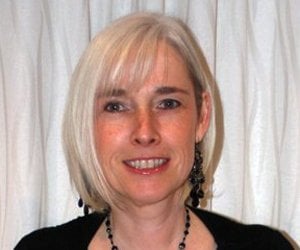
Physician Q&A
Alison Stansfield, MBChB, MRCPsych, MD is the clinical lead and consultant psychiatrist for the Leeds Autism Diagnostic Service (LADS). This is an adult all-IQ autism diagnostic service which also provides consultancy and training. She is ... Read more
Gloria Onwuneme
Updated June 26, 2022 by Gloria Onwuneme

Medical
Central to the skillset of every physician is the differential diagnosis; this is the process by which new patients are evaluated to establish the most likely diagnosis. Similarly, the first clinical year of medical school ... Read more
Brent Schnipke
Updated February 28, 2019 by Brent Schnipke
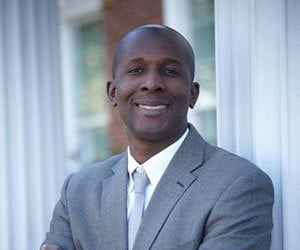
Physician Q&A
Dr. Damon Tweedy is an assistant professor of psychiatry at Duke University Medical Center and a staff physician at the Durham Veteran Affairs Medical Center in North Carolina. He graduated from Duke University School of Medicine and completed both his internal ... Read more
Christy Duan
Updated June 26, 2022 by Christy Duan
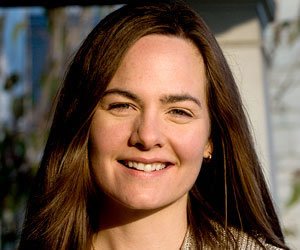
Physician Q&A
Dr. Christine Montross is Assistant Professor of Psychiatry and Human Behavior and the Director of Counseling Resources at the Warren Alpert Medical School of Brown University. She works as a staff psychiatrist at Butler Hospital ... Read more
Christy Duan
Updated June 26, 2022 by Christy Duan

Medical
I am about 45 minutes from the end of my night float shift, that dangerous hour all residents learn to wait through with baited breath, when my pager goes off. Pushing the button to silent ... Read more
Megan Riddle
Updated June 27, 2022 by Megan Riddle

Medical
While some associate prescription drugs with expense and inconvenience, others seek out the drugs, lying to get prescriptions, and buying pills illegally. Such drug seeking behavior, familiar to medical professionals when it involves Ritalin, OxyContin, ... Read more
Lee Burnett
Updated February 27, 2019 by Lee Burnett

Physician Q&A
Michael Rack, MD grew up in Southern California. He graduated from the University of Iowa College of Medicine in 1997. He completed combined residencies in Internal Medicine and Psychiatry at West Virginia University-Morgantown in 2002. ... Read more
Lee Burnett
Updated June 27, 2022 by Lee Burnett

















